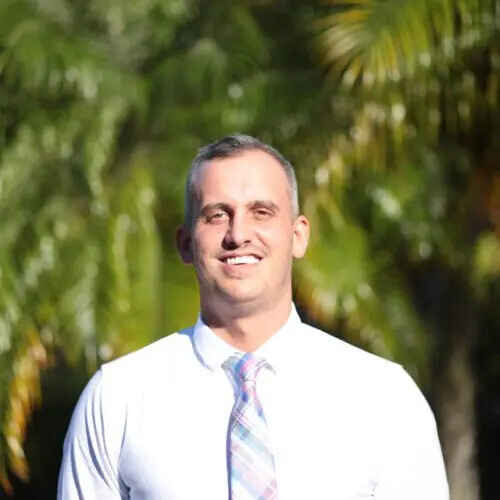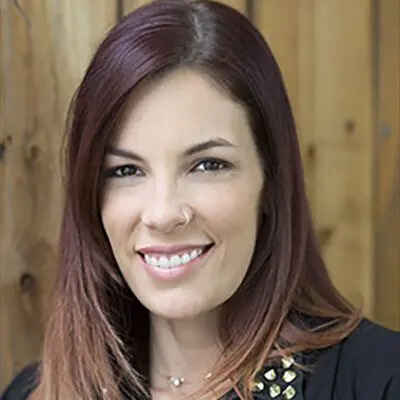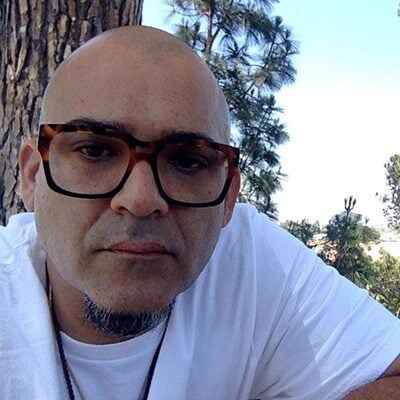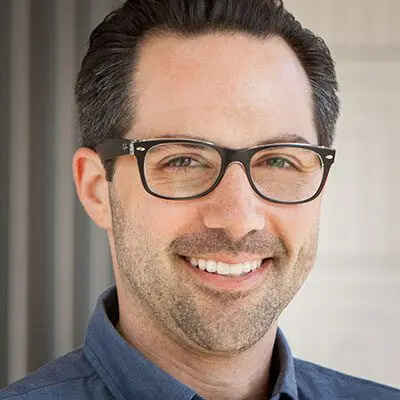About Ambrosia Treatment Center – Beverly Hills
Ambrosia Treatment Center offers detox, residential treatment and after care for adults suffering from substance abuse and co-occurring disorders. Situated atop Beverly Hills with a spectacular view and sprawling landscape, Ambrosia Treatment Center’s detox and residential facilities are places for healing, hope and recovery from drug and alcohol addiction.
Ambrosia Treatment Center offers highly individualized treatment plans, caring staff and a holistic approach to rehabilitation provide a transformative experience to anyone. With individual attention, each individual is assured to make real physical, mental and spiritual progress every day.
The program educates each person struggling with alcohol or drug abuse on their disease and teaches them the tools they need to live a successful life in sobriety. Support is available at every step of the way from detoxification, to inpatient treatment and aftercare.
Situated atop Beverly Hills with a spectacular view and sprawling landscape, the detox and residential facilities are places for healing, hope and recovery from drug and alcohol addiction. The facility intertwines proven and innovative therapeutic approaches to help create meaningful change.









